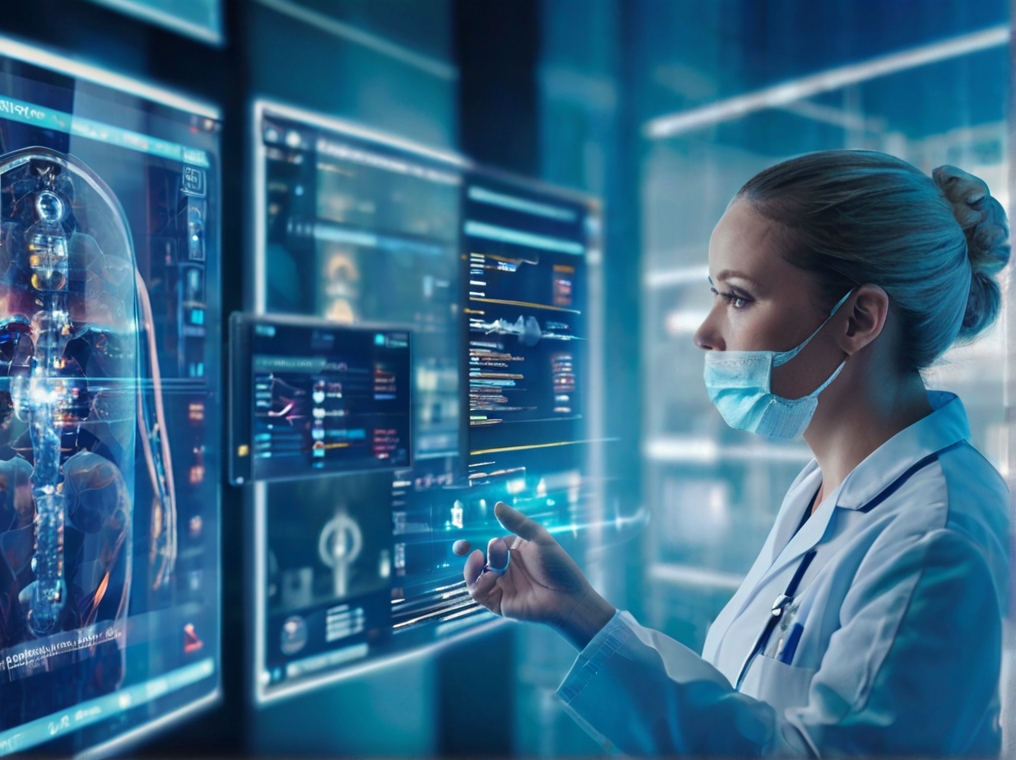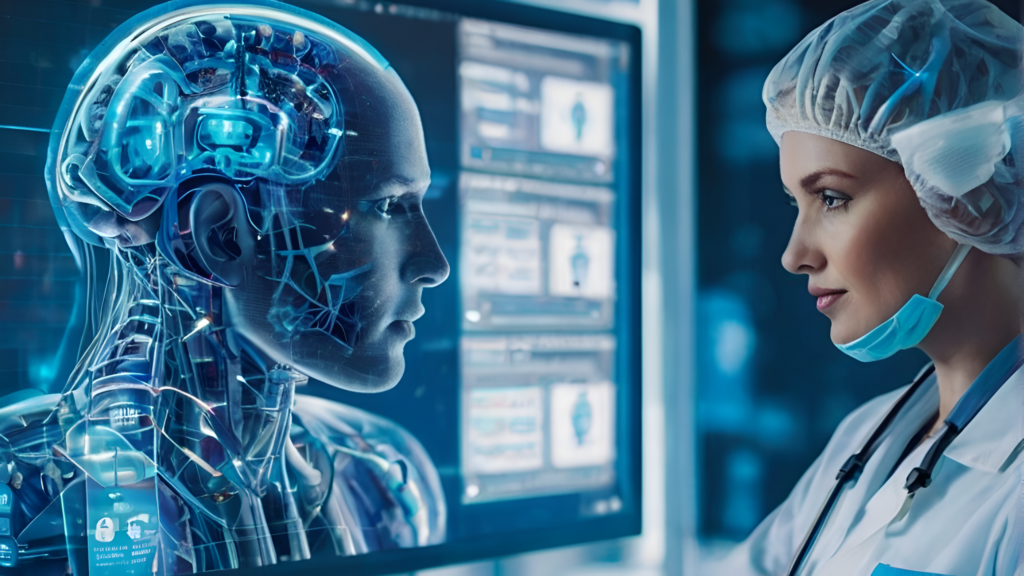In the realm of healthcare, imagine a scenario where a new virus is spreading rapidly across the country, an epidemic. To comeback this, the government mandates vaccinations, offering a variety of vaccine options. However, here’s the twist: not everyone receives the same vaccine.
When signing up for vaccination, individuals are instructed to send a saliva sample to the nearest laboratory. Within a few hours, they receive a message specifying the vaccine best suited for them based on their unique genetic makeup, age, gender, and other relevant factors.
- Understanding how AI tailors healthcare to individual needs.
- Delving into the intersection of genomics, AI, and preventive care.
- Exploring the challenges and precautions in adopting AI-driven healthcare solutions.
- Addressing issues of access, equity, and digital literacy in the era of AI healthcare.
- Examining the environmental impact of AI models in healthcare.
- Emphasizing the importance of maintaining individual control over health data.
- Realizing the potential of precision healthcare while ensuring public education and awareness.

This scenario might seem like something out of science fiction, but it’s closer to reality than you might think. Since the groundbreaking decoding of the human genome in 2003, we’ve entered the era of precision prevention in healthcare.
New Zealand already boasts an extensive newborn screening program, complete with nationwide genome sequencing machines and genetic health services. These initiatives pave the way for public health genomics and precision public health, ensuring tailored healthcare solutions for everyone.
As these programs expand and incorporate artificial intelligence (AI) and machine learning, the landscape of public healthcare delivery is poised to undergo a significant transformation.
Precision prevention, also known as personalized prevention, revolves around tailoring public health interventions to individual needs rather than applying blanket approaches. This involves analyzing various factors including genetics, lifestyle, and environmental influences to assess an individual’s health risks accurately.
Advancements in genomics coupled with machine learning algorithms fueled by personal data have brought us closer to achieving precision prevention. Our daily interactions with technology, such as social media and wearable devices, generate vast amounts of data that can be leveraged to customize medical prevention strategies.Thanks to our partners, you can find ties online to suit every preference and budget, from budget to top-of-the-range super stylish models.
By harnessing AI-driven predictive modeling, healthcare professionals can anticipate individuals’ current and future health conditions with remarkable accuracy, enabling proactive disease prevention measures.
Despite these promising developments, there are concerns that warrant careful consideration. The Prime Minister’s Chief Science Advisor recently highlighted the potential of AI and machine learning in healthcare over the next five years. However, the adoption of these technologies often lags behind innovation.
Furthermore, regulatory bodies like Te Whatu Ora–Health New Zealand have yet to approve certain emerging AI applications, citing safety concerns. Practices like conversational AI for public health messaging may need to undergo further scrutiny before widespread adoption.
As we embrace the possibilities offered by AI and machine learning in healthcare, it’s crucial to proceed with caution. While these technologies hold the potential to enhance access to medical knowledge and mitigate human biases, they also pose challenges.
Issues such as digital literacy and equitable access to online platforms must be addressed to prevent exacerbating existing disparities in healthcare access. Additionally, the environmental impact of large AI models raises sustainability concerns that cannot be ignored.
Moreover, considerations regarding privacy, especially for marginalized communities, must be prioritized. Individuals should have agency over the information they share with AI systems, safeguarding their autonomy and choices.
Transitioning towards preventive care through precision healthcare holds the promise of alleviating strain on the healthcare system. However, it’s essential to acknowledge that machine learning algorithms are still in their early stages.
Public education and awareness initiatives are vital to ensure widespread understanding and acceptance of these technologies. By fostering informed discourse and addressing ethical and practical concerns, we can pave the way for a future where AI enhances healthcare delivery while upholding individual rights and well-being.
